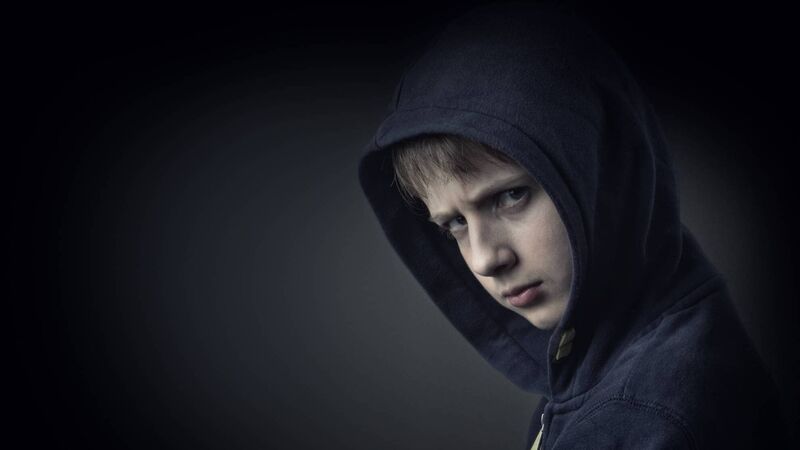Society's view of child sex abuser 'stereotypes' stuck in the past, says One in Four report

One in Four said offender types have “change markedly” over time – away from family members or people in authority to friends and romantic partners, who are also young. File picture
“Stereotypes” that people have of the types of individuals who sexually abuse children are preventing society from seeing the “variety” of offenders out there, a charity has warned.
One in Four said offender types have “change markedly” over time – away from family members or people in authority to friends and romantic partners, who are also young.










